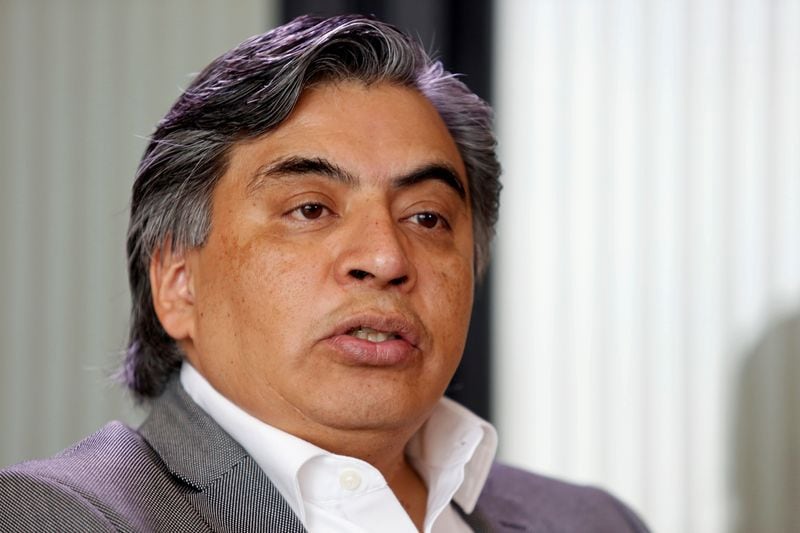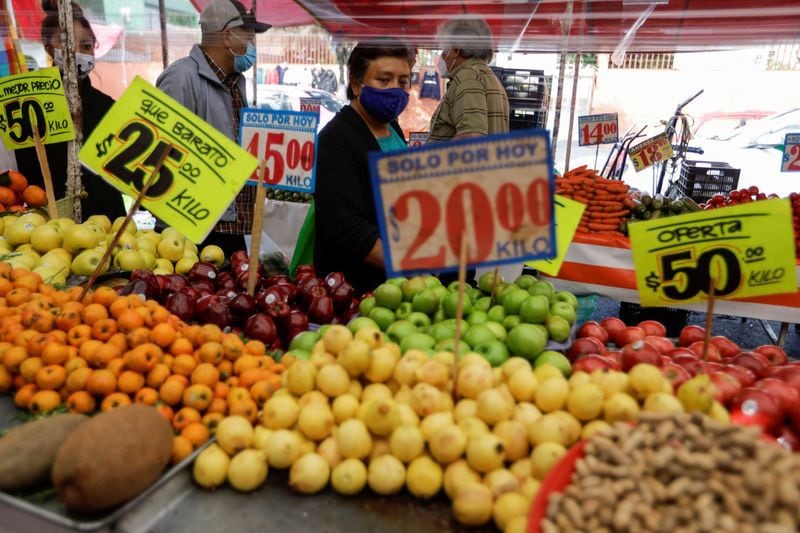
Inflation in Mexico could approach the 3% target until the first quarter of 2024, as stated by the deputy governor of the Banco de México (Banxico), Gerardo Esquivel, noting that the decline in domestic rates will be slower, partly due to international conditions resulting from COVID-19 and the war conflict between Russia and Ukraine.
He even pointed out that inflation will suffer a new peak during the second quarter (April-June) of this year, Esquivel warned.
“By 2023, we already expect this decline to finally happen, now. In 2023 we will already be in a situation, say, with an interest rate as it is now a little higher,” he revealed during a podcast by Grupo Financiero Banorte.

Gerardo Esquivel considered that the Bank of Mexico might not have to raise the benchmark rate like the US Federal Reserve (Fed) would because it has room for a less restrictive monetary policy.
The Fed raised interest rates by a quarter of a percentage point in the middle of the month and projected that rates will range between 1.75% and 2% by the end of the year, an aggressive stance against inflation that will drive borrowing costs to restrictive levels in 2023.
Last week, Banxico raised its benchmark interest rate for the seventh time in a row to 6.5% from 6%, in a unanimous decision, arguing that the risks to inflation have grown.

“We think we don't have to go in such a direction, perhaps the rise in interest rates was so marked and we may have a little more room to avoid having to take the monetary stance to a situation as restrictive as maybe other countries are going to have to,” he said.
“Eventually we will have the opportunity, because we may even begin to think that we could pause before other banks as well, but that will obviously depend on how the figures evolve in terms of inflation in particular and whether or not we are fulfilling the trajectory we were anticipating,” explained the deputy governor of the central bank.
It should be recalled that in the middle of the month the Fed raised interest rates by a quarter of a percentage point and projected that rates will range between 1.75% and 2% by the end of the year, an aggressive stance against inflation that will drive borrowing costs to restrictive levels in 2023.
With information from Reuters
KEEP READING:
Últimas Noticias
Debanhi Escobar: they secured the motel where she was found lifeless in a cistern

The oldest person in the world died at the age of 119

Macabre find in CDMX: they left a body bagged and tied in a taxi
The eagles of America will face Manchester City in a duel of legends. Here are the details

Why is it good to bring dogs out to know the world when they are puppies




